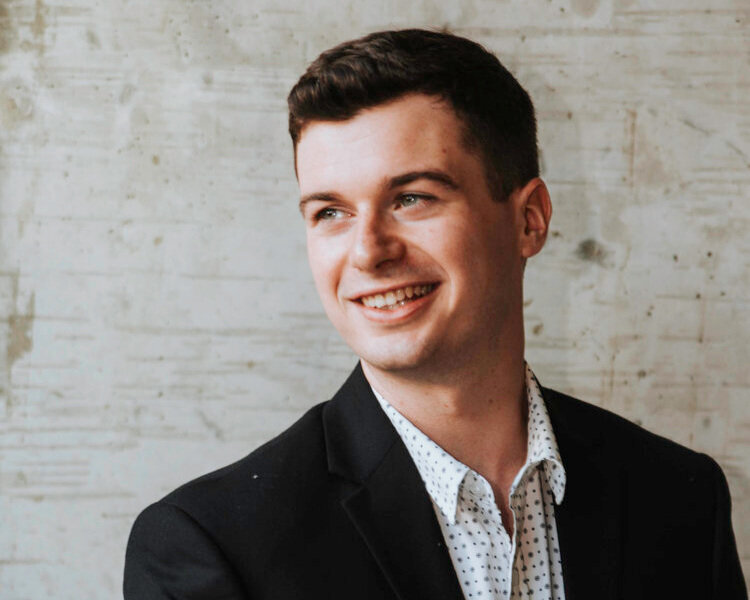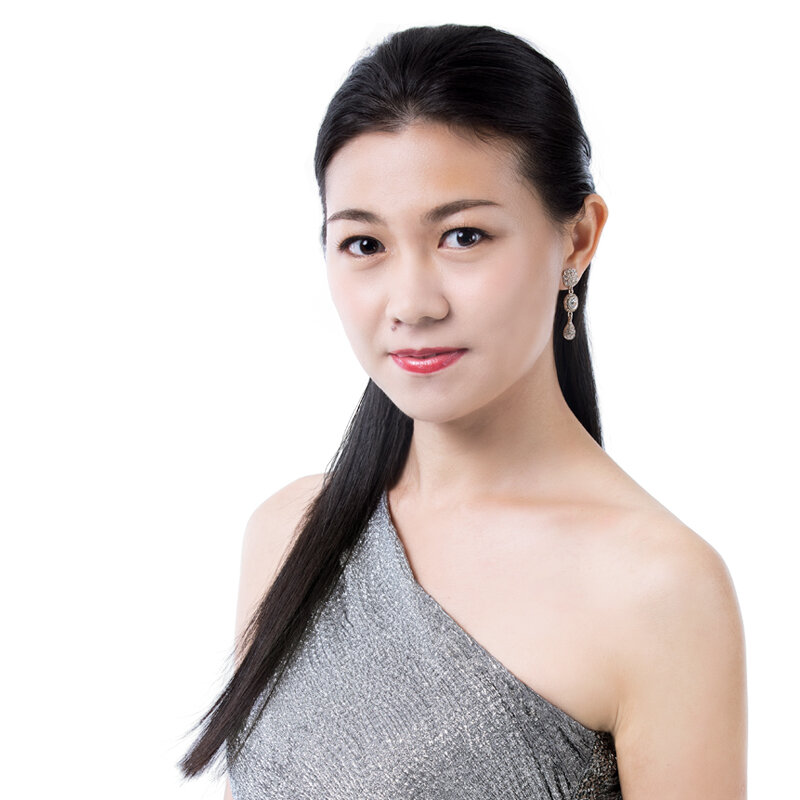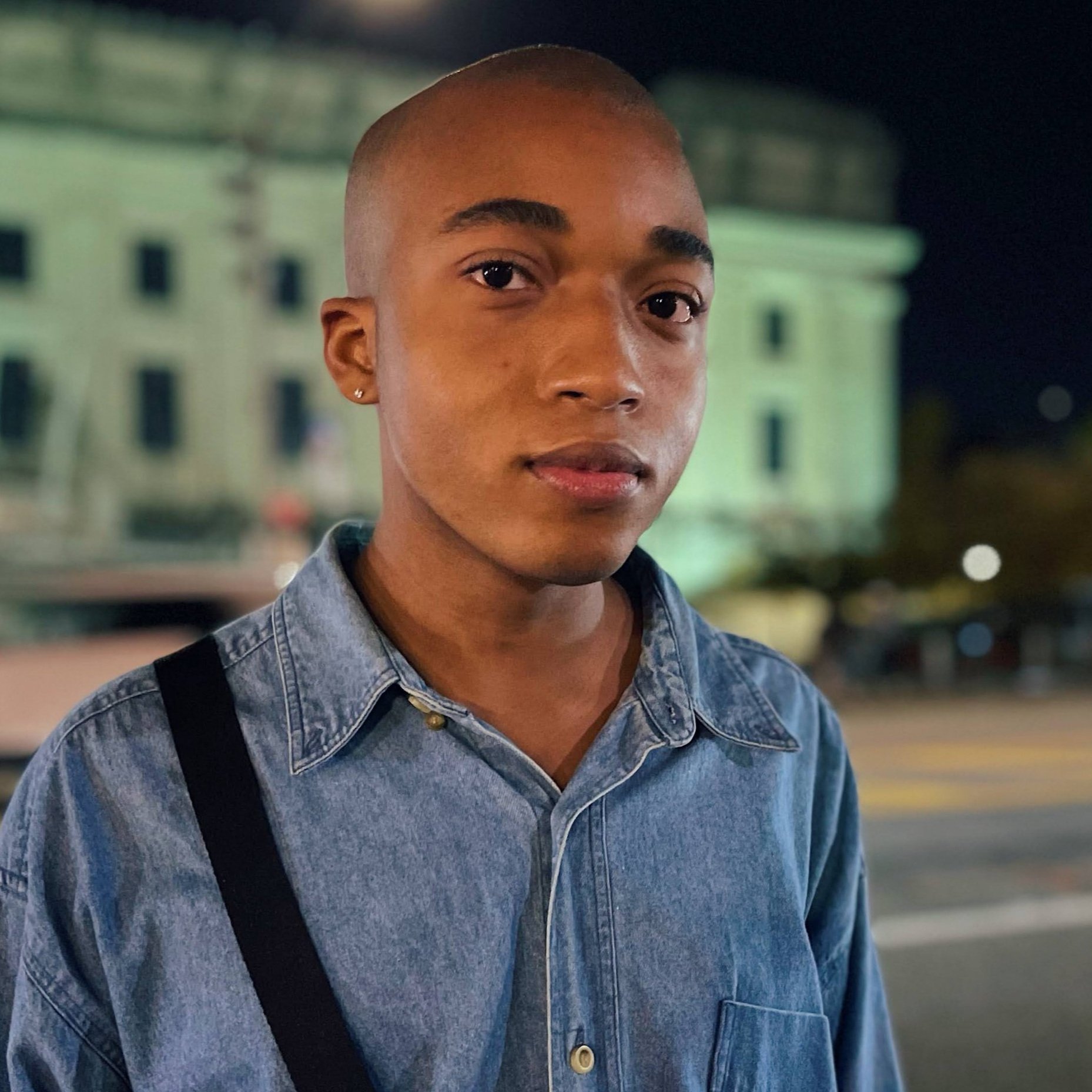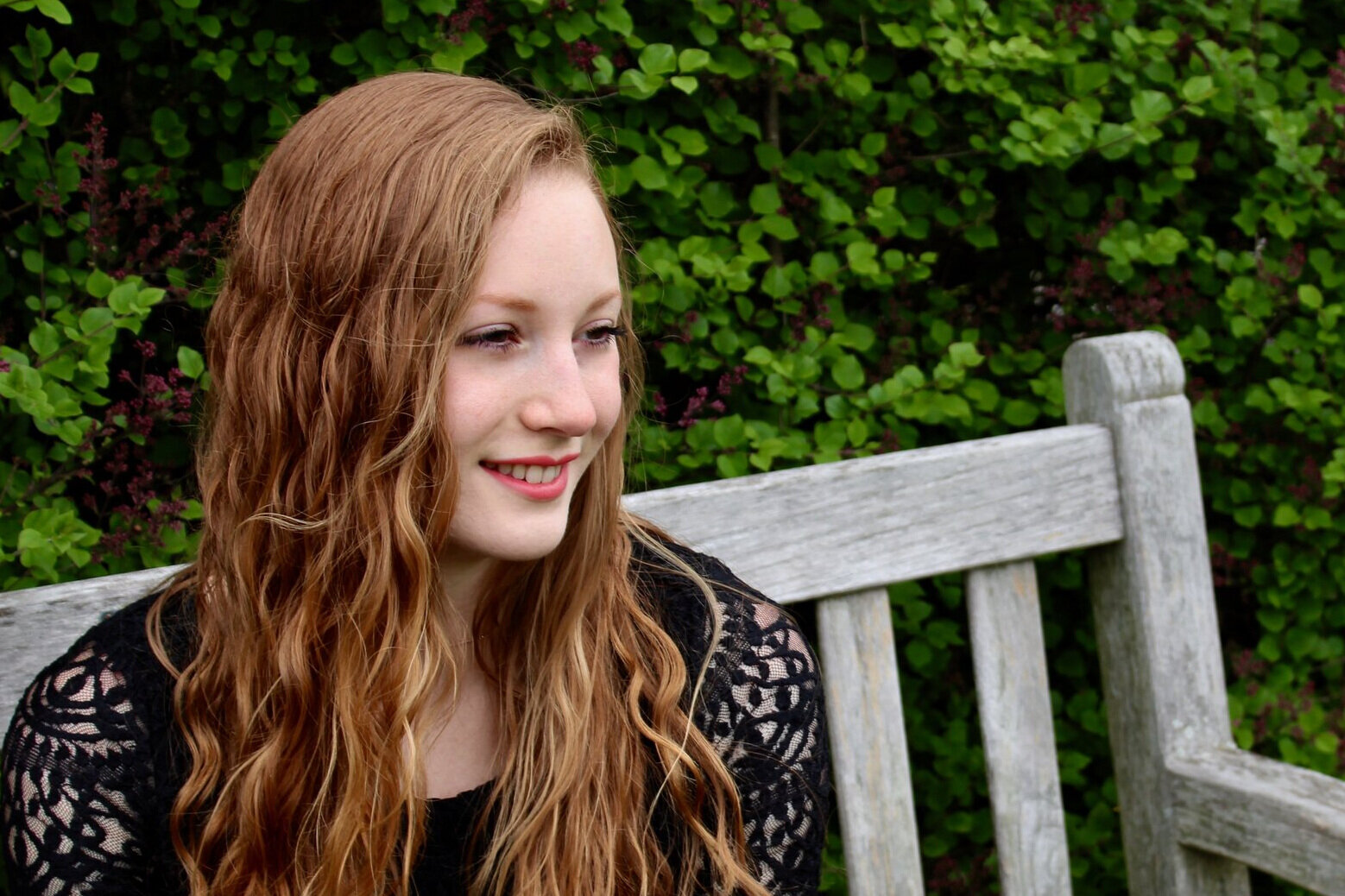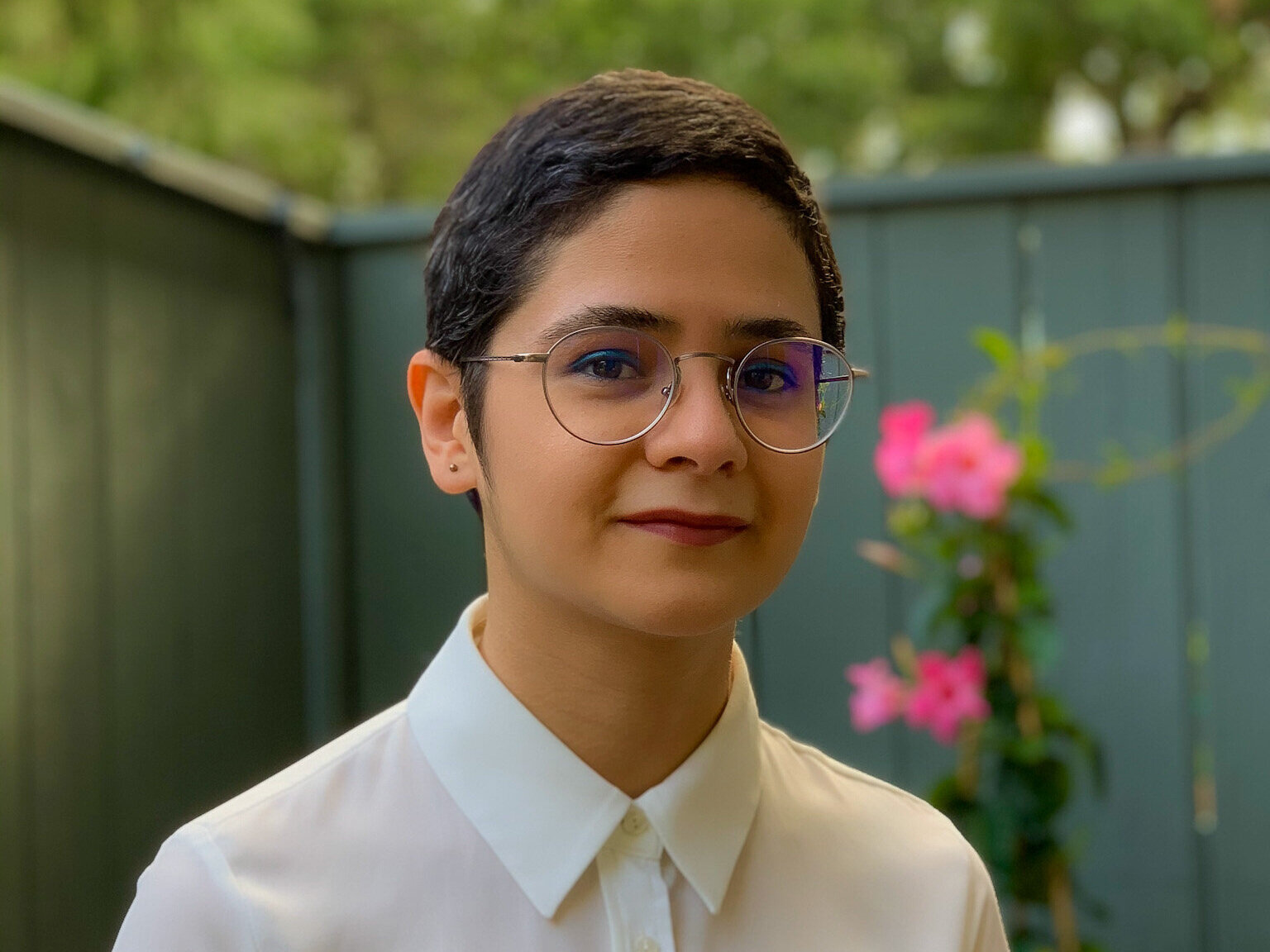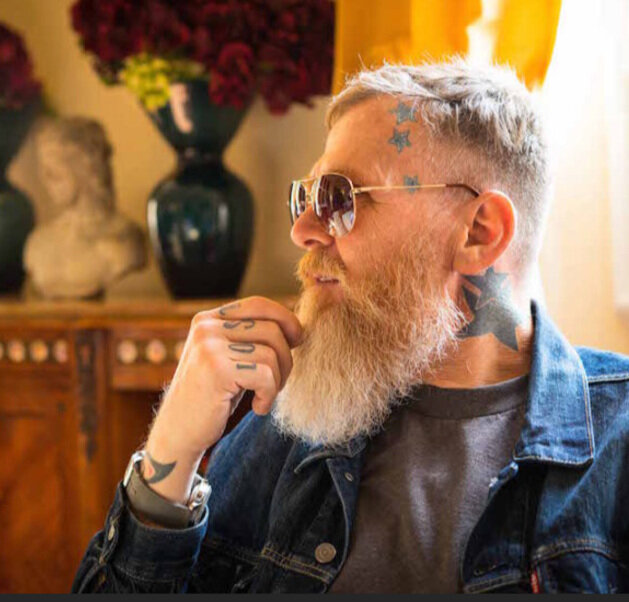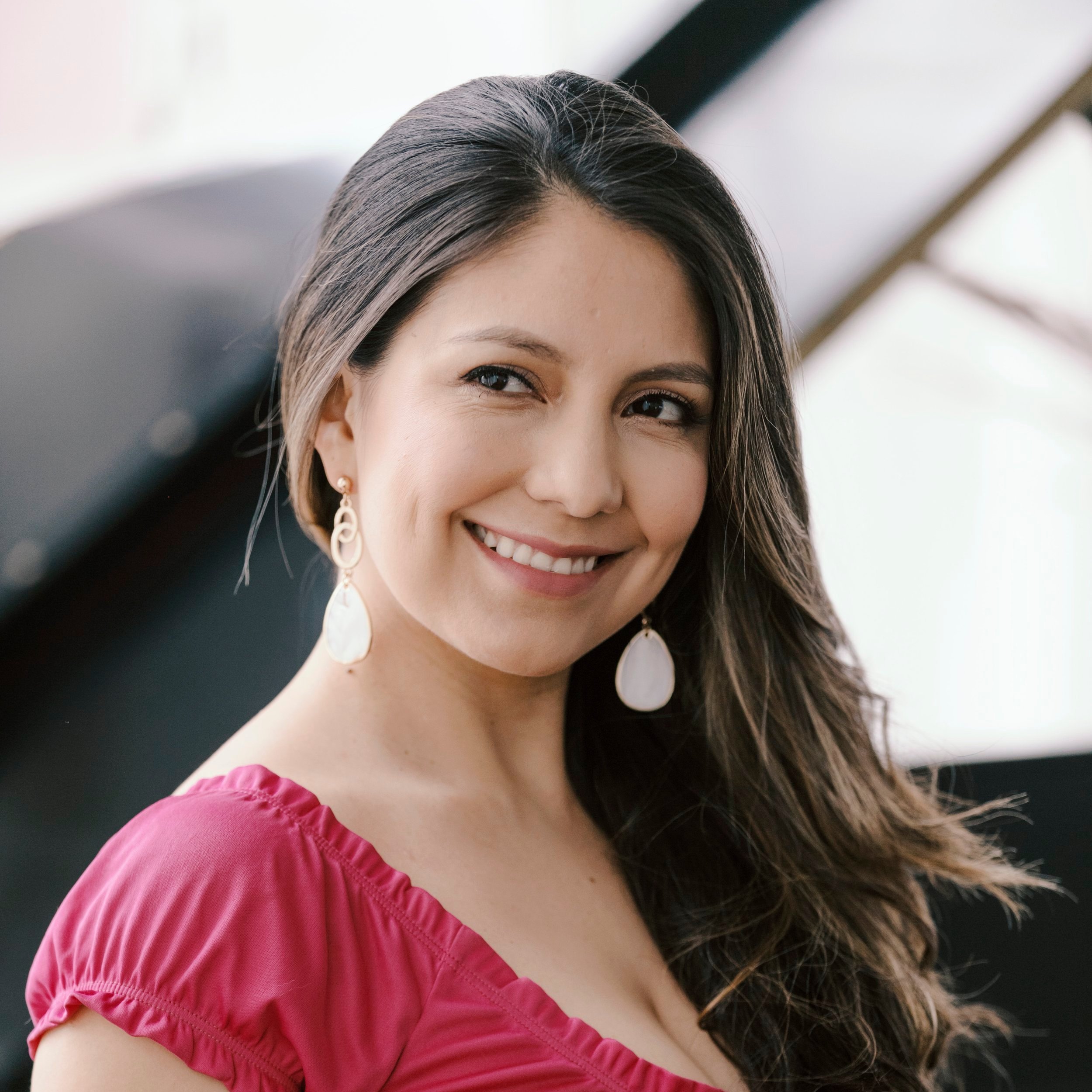blogs 2023
written by Shane Cook
I’m a little embarrassed to admit that I have spent a large percentage of my twenties worrying. The worries come in all sorts of colors, shapes and sizes, and my mind sometimes fixates on one like it is selecting a pastry from a dessert case: which will it be today?
written by Meilina Tsui
It was August 2021 when I received the wonderful news that I’d been accepted into Gabriela’s Academy to participate in the Bahlest Eeble Readings Program. I was so thrilled. It was hard to believe I was finally getting to meet with and receive mentorship from the legendary composer guru, Gabriela Lena Frank. I had been eagerly waiting for this opportunity since 2018, when I came to the US as a foreign student and heard about the GLFCAM for the first time…
written by Che Buford
When I tell people that I am a violinist and composer…
When I tell people that I am a violinist and composer, I find that many have trouble grappling with the fact that I do both as part of my practice. People either ask me to choose one or assume I'm far more proficient at one or the other. As a composer-performer, I continually question how my practices interact with one another. By exploring the mediums of electronic music and improvisation, I've found that they can inform each other while expanding new areas within each.
Having trained as a classical musician for 14 years, it is no secret that musical approaches and career paths are extremely narrow and limited. As violinists, we are trained to play and follow a repertoire sequence of canonical repertoire in the hope of obtaining an orchestral, chamber, or solo job. With composers, the training is centered around being a composer with a capital ‘’C’’ – which means your skill is judged on the number of works you’ve written for orchestras, choirs, and other traditional configurations. Fitting into these boxes never felt right for me. When the parameters of what a performer and composer should do are so constrained, it is hard to imagine how they could work together. I’ve thankfully found myself in spaces and have been inspired by today’s artists in the field who continually challenge these parameters. To name a few, Angelica Negron, Nathalie Joachim, Pamela Z, Darian Donovan Thomas, and Charmaine Lee.
written by Gala Flagello
You are stuck. Beating your head against the wall; throwing things at the wall to see what sticks; interestingly, a lot of wall metaphors in this kind of scenario. Perhaps let’s make this a literal, unscalable wall: You’ve been trying to climb for hours—days? Weeks? Months?—but your shoelace came untied and your foothold isn’t secure and your hands are aching and you’re sweating. And once you reach the top, you’ll still have to fight a giant roaring monster named Editing or Approval or good old Doubt, and it happens to take the form of that one teacher/colleague/family member who made you feel like you can’t do this.
written by Anya Yermakova
Bodies. My encounters with trained, virtuosic, sensitive musicking bodies leave me again and again with: what can I do as a composer to give them permission to really play? As in, be playful, play around, center the interpretation on jugar más que tocar. Center the interpretación – performance – in the interpretation, even in a reading. Notation so boring that they might have to invent ways to entertain themselves? Indications filled with absurdities or paradoxes so they find joy in the impossibility of their execution? Scores with color? Scores that ask for interactivity? Scores that ask the players to listen with touch, or with smell, or…?
written by Aakash Mittal
Three Musings on Healing the Creative Spirit
The first piece that I composed was titled Some Last Minute Blues. It was my sophomore year in high school and I had been playing saxophone for less than a year. Yet I was obsessed. I was listening to jazz and practicing morning, noon, and night. I must have been around fourteen or fifteen years old when the assistant band director, Mr. Perez, challenged me to write a tune for our jazz combo to play at the upcoming High School Jazz festival. Being a teenager, I waited until the last minute to write the piece. Hence the title.
written by Jonathan Mitchell
I. “...from material…”
It’s 2018. Professor Smith points me to Ralph Vaughan Williams’ Five Mystical Songs, musical settings of religious verse by George Herbert. Gabriela Lena Frank visits the Blair School of Music for the first of several times that year. For my senior recital, I have the idea to write a large cycle of piano pieces—wordless songs, maybe—inspired by Chicago’s architecture. (Pick a topic already, Jonathan.)
written by Roydon Tse
“Process vs Result”
The GLFCAM experience was different from any workshop or mentorship programs I’ve done in the past. It has an emphasis on the idea of process rather than outcome. I have been part of many workshops where one simply writes a piece, sends it to performers, and then show up to the rehearsal and performance. Done. Rinse. Repeat. GLFCAM, however, invited me to converse with the musicians from the get-go. Relationships were formed. There was mentorship that felt intentional and genuine. All these things felt so valuable and rare in the small world of music composition.
written by Aida Shirazi
I was one of the composers of GLFCAM’s Bahlest Eeble Readings in 2019 and felt exhilarated to work with some of the most talented musicians of my generation under the mentorship of Gabriela, Tony Arnold, and Manuel Barrueco in the eleventh cycle of the program. Our first round of workshops happened in Boonville in November 2019, but alas the Covid pandemic didn’t allow for the second round and our world premiere performance to happen in April 2020. Nevertheless, my friendship and affiliation with GLFCAM has been ongoing ever since.
written by Ben Shirley
For as long as I can remember, I’ve wanted to belong...anywhere. I wanted to know the big secret everyone else seemed to know but me. How do you live, how do you make sense of the seemingly mundane slog through existence? How do you connect with someone? How do you care about anything? For crying out loud, how do you form an honest relationship with another human being? Where was my tribe? What is my identity?
written by Carolina Calvache
My name is Carolina Calvache. I am a pianist and composer from Cali, Colombia – a beautiful city at the southwest of the country. I came to the US to study jazz and be immersed in that style of music by writing and performing for the last 14 years. When I was back home, I started my interest in composition and showed my ideas to the classical composition teacher. He was not very encouraging, he told me, “Your melody does not make sense”… Basically, he did not like what I wrote. I was vulnerable, trying to show my music to someone. But that response did not help me get better and rather shut down my interest.
written by Monica Chew
It’s taken me several decades to come back around to the idea that there’s more than one way to do it, as far as classical music is concerned. The voices from my classical music education reverberate through my head whenever I sit down at the piano.
